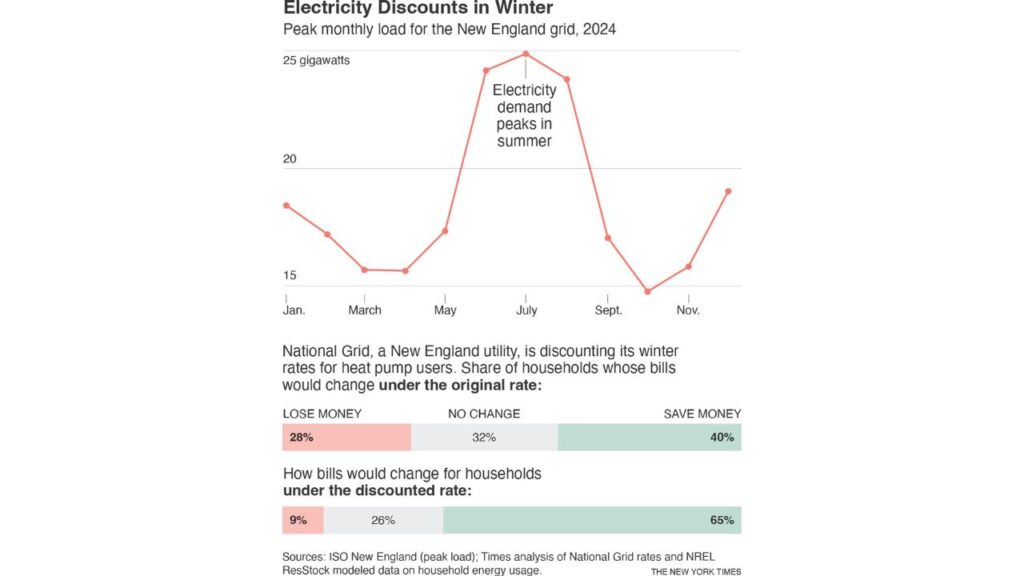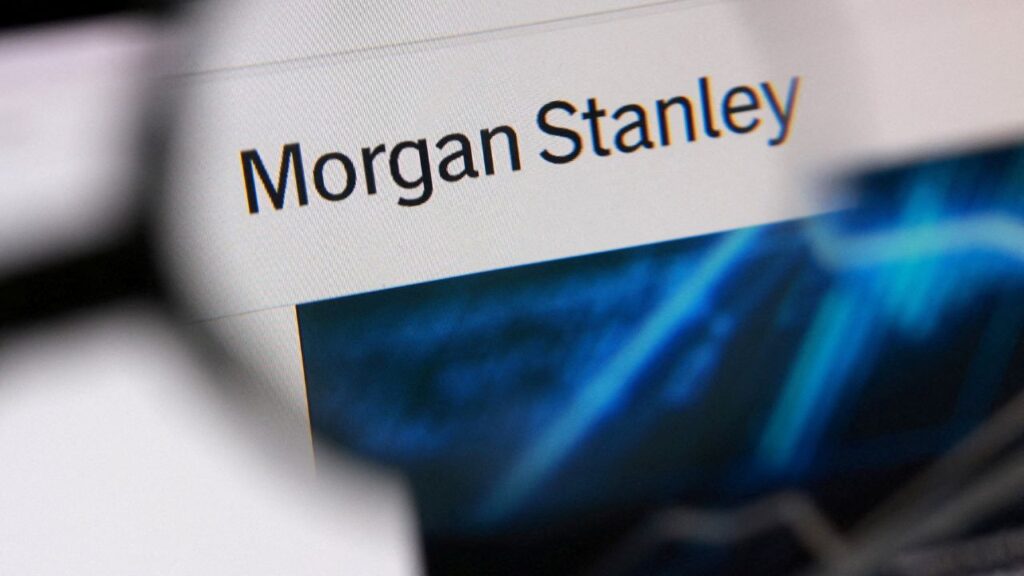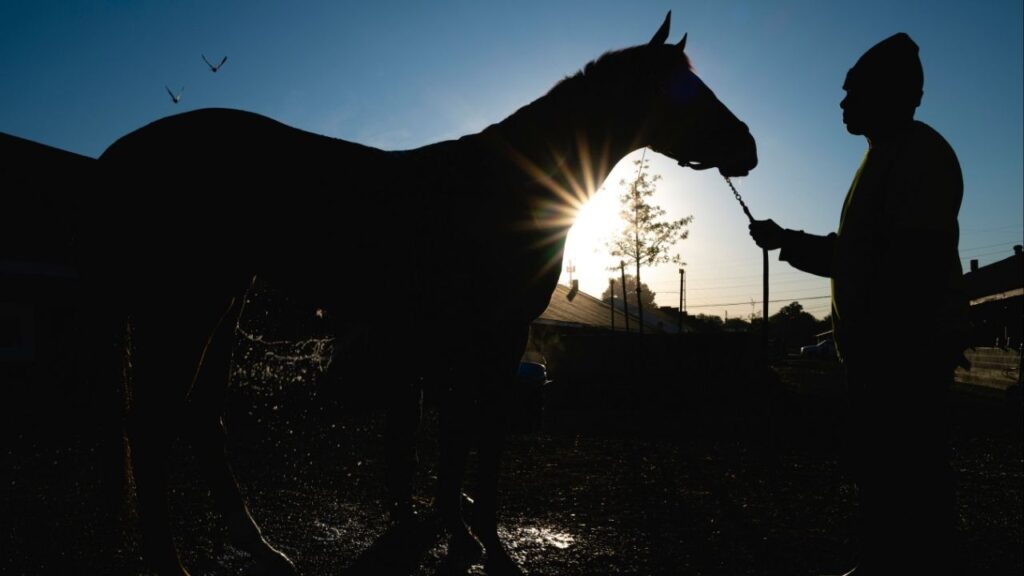Share
WASHINGTON — The Food and Drug Administration on Wednesday authorized the first rapid coronavirus test that doesn’t need special computer equipment for results.
The 15-minute test from Abbott Laboratories will sell for $5, giving it a competitive edge over similar tests that need to be popped into a small machine. The size of a credit card, the self-contained test is based on the same technology used to test for the flu, strep throat, and other infections.
It’s the latest cheaper, simpler test to hit the U.S. market, providing new options to expand testing as schools and businesses struggle to reopen and flu season approaches. The FDA also recently greenlighted a saliva test from Yale University that bypasses some of the supplies that have led to testing bottlenecks.
At-Home Tests Are in Development
Both tests have limitations and neither can be done at home. Several companies are developing rapid, at-home tests, but none have yet won approval. Abbott’s new test requires a nasal swab by a health worker, like most older coronavirus tests. The Yale saliva test eliminates the need for a swab, but can only be run at high-grade laboratories.
And in general, rapid tests like Abbott’s are less accurate than lab-developed tests. The FDA said in a statement announcing the decision that negative results with Abbott’s test may need to be confirmed with a lab test in some cases. The agency granted Abbott’s test an emergency use authorization late Wednesday for patients with suspected COVID-19.
The two additions should help expand the number of available tests. The U.S. is testing about 690,000 people per day, down from a peak of 850,000 daily tests late last month. Many public health experts believe the country will soon need to test vastly more people to find those who are infected, isolate them, and contain the virus.
The FDA noted that Abbott’s test could be used in a doctor’s office, emergency room, or some schools. “Given the simple nature of this test, it is likely that these tests could be made broadly available,” the FDA said.
Since the start of the pandemic, nasal swab tests that are sent to a lab have been the standard for COVID-19 screening. While considered highly accurate, the tests rely on expensive, specialized machines and chemicals. Shortages of those supplies have led to repeated delays in reporting results, especially during a spike in cases last month.
Government and health experts view rapid tests that can be run outside the laboratory system as key to boosting capacity.
Two other makers of antigen tests — Quidel and Becton Dickinson have said they haven’t been able to meet demand for the tests. A third, LumiraDx, plans to begin shipping its recently approved antigen tests by the end of this month. Abbott expects to begin shipping tests in September, reaching 50 million tests a month in October.
Yale Saliva Test for Coronavirus
Earlier this month, the FDA authorized Yale’s saliva-based test, which is expected to cut the time and cost compared with similar tests. It’s the fifth COVID-19 saliva tests OK’d by regulators. All require lab processing.
Developed by Yale’s School of Public Health, SalivaDirect can use any sterile container to collect a sample, not the special tube needed with earlier tests, and requires fewer chemicals. Outside experts welcomed the new approach but noted its limitations.
“It’s not a rapid test, it’s a laboratory-based test that will still be prone to the same massive delays as any other test,” said Dr. Michael Mina of Harvard University.
RELATED TOPICS:
Categories
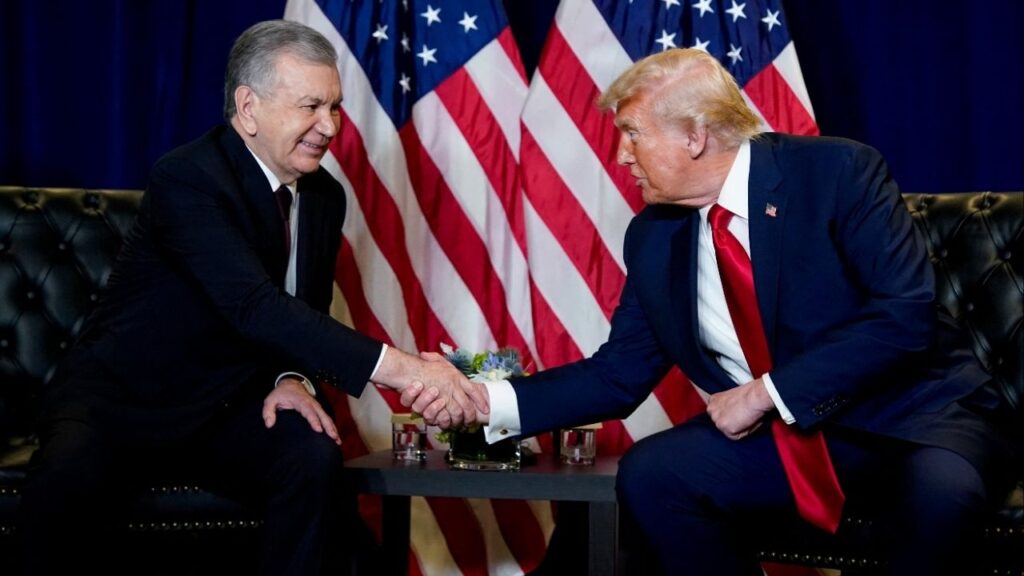
US and Uzbekistan Sign Critical Minerals Pact
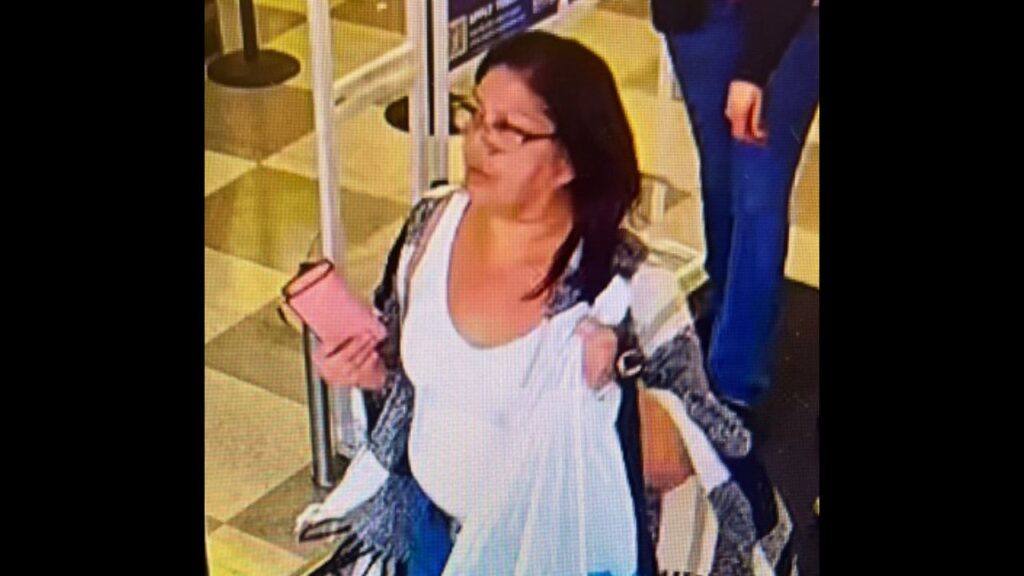
Madera Police Seek Help Identifying Theft Suspect
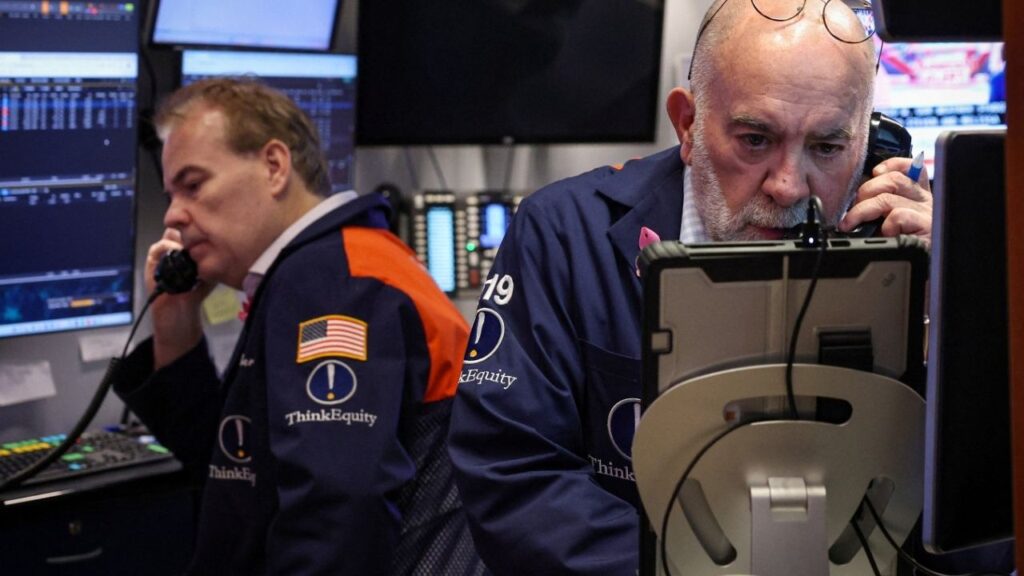
Wall Street Ends Higher, Lifted by Nvidia and Other AI Stocks
